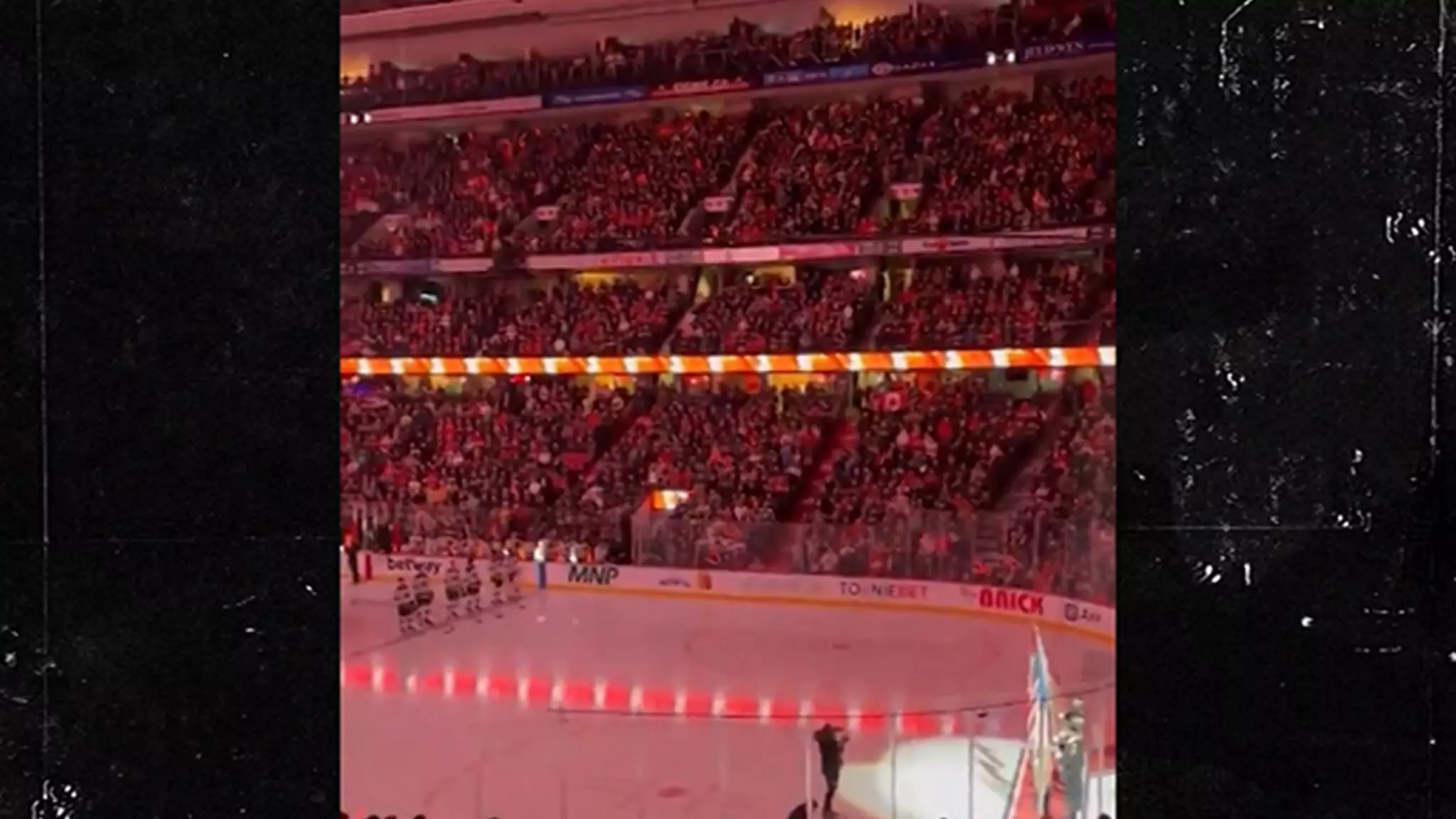In a surprising twist, President Trump’s recent tariff announcement has escalated tensions between the United States and Canada, with a dramatic manifestation occurring at a hockey game. The introduction of a 25 percent tariff on Canadian and Mexican imports, effective shortly, threatens not only the economies of these nations but also the fabric of bilateral relationships. Such economic sanctions typically evoke trade wars, leading to retaliatory measures, as evident in the swift imposition of tariffs by both Canada and Mexico on U.S. goods. This trade conflict has now spilled over into the world of sports, illustrating how intertwined politics and societal events can truly be.
During a recent NHL matchup between the Ottawa Senators and Minnesota Wild, political currents were palpable in the air. As singer Mandia took to the ice to perform “The Star-Spangled Banner” in front of a raucous crowd in Canada, the energy shifted dramatically. Instead of the expected cheers, a wave of boos erupted from the audience, revealing deep-seated feelings regarding the political climate instigated by the U.S. administration. The moment, initially meant to celebrate unity through sport, exposed the fractures in cross-border relations, promising to overshadow the game itself. Mandia’s resilience, continuing her performance despite the crowd’s rejection, turned into a poignant statement on the ongoing climate of divisiveness.
This incident doesn’t merely reflect a momentary outburst of national pride; it signals a broader discontent that may affect future interactions between the two nations. Sports, often considered a unifying force, have been undermined by governmental actions and rhetoric. The cancelation of trade deals and the threat of economic escalation between the U.S. and its neighbors could lead to long-lasting impacts on not just industries but personal relationships between citizens of these countries. Ottawa’s 6-0 victory over Minnesota, whilst impressive on the ice, hardly matters in the grand scheme if the looming specter of a trade war creates animosity in the stands.
The stark reality of these events reminds us of the importance of dialogue, especially amidst rising tensions. Sporting events could provide a platform for reconciliation rather than division. Rather than allowing tariffs to dictate terms of engagement, leaders and citizens should seek avenues for shared experiences that bridge the gap. Understanding that simplified national sentiments can cause unexpected eruptions during otherwise innocuous events is crucial. As political leaders negotiate complex trade agreements, it is vital for citizens on both sides of the border to remember their shared histories and aspirations.
In a world where tariffs and trade wars can permeate even the most innocent of pastimes, how sports fans react to political undertones on such platforms has become increasingly telling. The call for unity transcends economies; it is about preserving friendships and fostering understanding even when governmental actions threaten to pull them apart. Only through concerted efforts to address grievances can Canada and the U.S. navigate these challenging times, ensuring that their shared love for sports remains a symbol of camaraderie rather than chaos.

